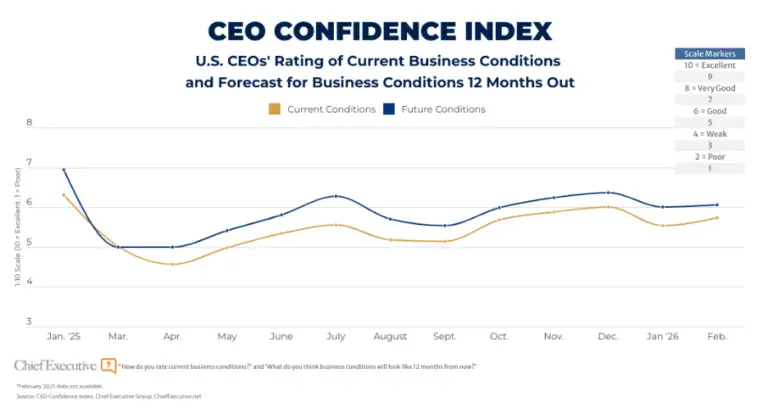
More from Jerry Z. Muller, author of the “The Tyranny of Metrics” as well as a professor of history at the Catholic University of America in Washington, D.C., on why fixating on metrics is misguided.
Part one of the interview is here.
Are there industries that this affects more than others? Are there ones that this [metric fixation] impacts a lot?
It’s hard to make generalizations. I think it’s perhaps more dominant in finance because there’s a propensity of people in finance to measure their own achievements in narrowly monetary forms. But I think it’s pervasive in a wide range of publicly-traded corporations , as well as many other sectors from police to the military to education, and very much medicine, which is a huge sector of our economy and is deeply burdened by the problems of metric fixation. It’s also increasingly becoming an issue in philanthropy, where under the influence of this kind of metric fixation and managerial ideology, philanthropies are demanding more and more standardized measurement from there grantees in a way that imposes additional administrative costs upon the grantees and is often counterproductive as well.
What are some strategies you’d recommend that would be more productive than simply measuring on data? How could data be used more wisely?
Jerry: One of the most important ways is to distinguish measurement used for diagnosis and analysis by the practitioners themselves, from metrics that are connected to reward and punishment. It’s highly useful often to have measures that are used for diagnosis by the people actually engaged in the work itself or by their superiors. That’s different from measures that are connected to reward and punishment. When you have reward and punishment, then you have all kinds of incentives for gaming the metrics, or focusing too narrowly upon them, at the expense of what is not measured. So, that’s the first thing I would emphasize: is it’s not just a question of measurement or no measurement, it’s how the measurement is used.
“The people who you’re managing are not dogs or animals who respond in a kind of Pavlovian way to material incentives.”
And then there’s the question of who develops and evaluates the metrics. If the people who are being judged ultimately have a role in the development and the analysis of those metrics, that often makes them more effective. And thirdly, metrics are often useful as a tool because they do provide a certain measure of objectivity. And in that sense they can help to combat bias in bosses. But there’s a difference between using standardized performance metrics as a tool in which there’s also a role for judgment on the part of those using the metrics, versus using those metrics as a decisive factor.
[Also] when you’re looking at the measurements, it’s important to remind yourself of all the things that are not being measured, perhaps because they can’t be measured, and remind yourself that they may be at least as important or perhaps more important as the things that are being measured.
What were some of the big overall lessons that CEOs can take away from your book?
Jerry: Most management books, I would sa, 99 percent of them, are written from the perspective of managers, and they lose sight of the perspective of the managed. And that’s I think one of the unusual things about my book and one of the things that makes it so valuable. Because when you’re dealing with human beings — unlike when you’re dealing with molecules in chemistry or biology — the human beings have consciousness, and they take into account and react upon what’s being measured and incentivized. So, it’s important to try to understand these things from the likely effect that they will have on the managed and to take that into account when you’re creating your management systems.
To put it another way: The people who you’re managing are not dogs or animals who respond in a kind of Pavlovian way to material incentives. They’re a lot more complicated than that.







